Test Amit sep
Marie Curie: First Women Scientist Nobel Prize laureate
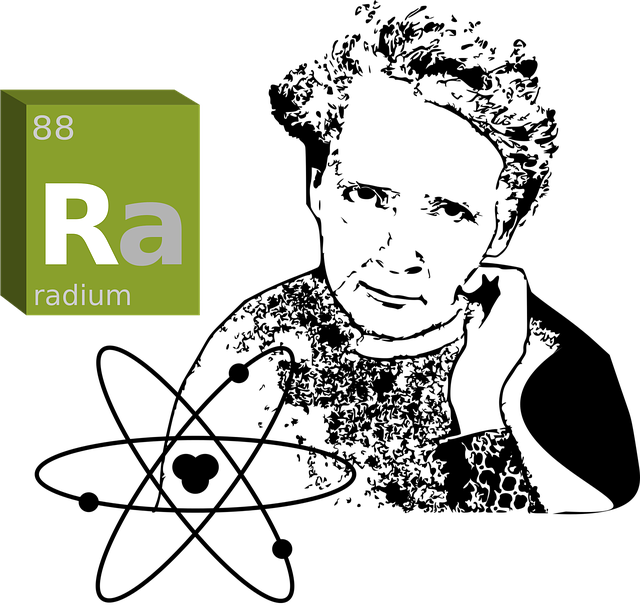
Marie Curie (Madam Curie) was a Polish and naturalized French physicist and chemist who majorly conducted groundbreaking research on radioactivity. She won two Nobel Prizes in different sciences streams (Physics and Chemistry) and was the first woman scientist to win a Nobel Prize. She received her first Nobel Prize in Physics in 1903 for research on radioactivity and her second in Chemistry in 1911 for discovering the elements radium and polonium. Curie's pioneering research on radioactivity laid the foundation for developing nuclear physics. In addition, her discovery of radium and polonium led to numerous applications in medicine and industry.
Marie Curie: Biography
Marie Curie (Madam Curie) was a Polish and naturalized French physicist and chemist who majorly conducted groundbreaking research on radioactivity. She won two Nobel Prizes in different sciences streams (Physics and Chemistry) and was the first woman scientist to win a Nobel Prize. She received her first Nobel Prize in Physics in 1903 for research on radioactivity and her second in Chemistry in 1911 for discovering the elements radium and polonium. Curie's pioneering research on radioactivity laid the foundation for developing nuclear physics. Furthermore, her discovery of radium and polonium led to numerous applications in medicine and industry. In addition to her scientific achievements, Curie was a strong advocate for women's education and rights. She died in 1934 from aplastic anemia, likely due to her long-term exposure to radium.
Life of Marie Curie
Madam Curie lived from 1867 to 1934. Curie was born in Warsaw, Poland (1867) and showed an initial propensity for science and mathematics. She moved to Paris, France, in 1891 to study at the Sorbonne and later earned degrees in physics and mathematics. She later earned a Ph.D. in physics.
In 1895, she married Pierre Curie, and they worked together to isolate the element radium, which led to the discovery of radioactivity and the Nobel Prize in Physics in 1903.
Throughout her career, Curie faced many obstacles, including gender discrimination and the dangers associated with her work in radioactivity. Despite these challenges, she remained focused and committed to her research, and her work has impacted science.
Madam Curie died in 1934 from aplastic anemia, likely caused by her long-term exposure to radioactive materials. Nevertheless, her legacy continues to inspire many scientists and researchers for generations worldwide, and she remains one of the most significant scientific figures in the history of science.
Educational Background
Marie Curie was a Polish-born physicist and chemist who lived from 1867 to 1934. She studied at the Sorbonne in Paris, France, earning physics and mathematics degrees. She later earned a Ph.D. in Physics from the Sorbonne. Curie was the first to receive two Nobel Prizes in different fields (Physics and Chemistry) and was a pioneer in radioactivity.
Marie Curie's best discoveries
Marie Curie is best known for discovering radium and polonium and for her pioneering research in radioactivity. Her discovery of these elements led to a greater understanding of atomic structure and radioactivity and had numerous applications in fields such as medicine and industry. Her other notable achievements include:
- Isolation of pure radium: Curie developed a process for isolating pure radium from radium chloride, a breakthrough in studying radioactivity.
- Development of mobile X-ray units: During World War I, Curie developed mobile X-ray units, known as "Petites Curies," to help field medics diagnose and treat wounded soldiers.
- Discovery of spontaneous radioactivity: Curie discovered that some elements emit ionizing radiation on their own, which was a significant field of radioactivity.
- Research on the nature of radioactive substances: Curie conducted extensive research on the nature of radioactive substances and their behavior, which led to a deeper understanding of the nature of matter.
Overall, Marie Curie's discoveries and research profoundly impacted the fields of physics and chemistry, and her legacy continues to inspire scientists and researchers today.
Marie Curie's Nobel Prize
Marie Curie won two Nobel Prizes in her lifetime. She achieved her first Nobel Prize in Physics in 1903, which she shared with Pierre Curie and Henri Becquerel for their joint discovery of radioactivity. She later won the Nobel Prize in Chemistry for discovering the radioactive elements (radium and polonium) alongwith her work in isolating radioactive isotopes in 1911. Madam Curie is the first woman scientist to be awarded a Nobel Prize and the only scientist to receive two Nobel Prizes in different science disciplines.
Marie curie: Honours and tributes
Marie Curie received numerous honors and tributes for her pioneering work in radioactivity. Some of the notable awards include:
- Madam Curie was the first woman candidate to be appointed professor at the University of Paris.
- She was the first woman to be buried in the Panthéon in Paris, France, a tribute to French citizens who have made significant contributions to their country.
- The element curium, discovered by her daughter and son-in-law, was named after her and her husband, Pierre Curie.
- The Marie Curie Actions program, funded by the European Union, provides research grants and fellowships to European scientists.
- The Marie Curie Prize for Excellence in Scientific Research was established in her honor.
- In 1995, the United Nations designated the 11th of November as the International Day of Women and Girls in Science in recognition of Marie Curie's pioneering work in science.
Besides these, many other remarkable honors and tributes were bestowed upon Marie Curie for her groundbreaking work.
How would you rate this Article ?
Press the number of stars to rate this Magazine.
4.8 Author Points.
Based on 13 Magazines written by this author.
5 Magazine Points.
Based on 2 Ratings.

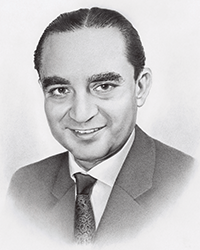



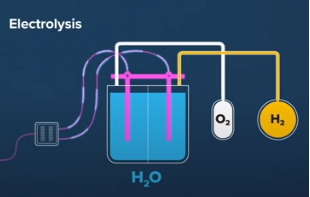







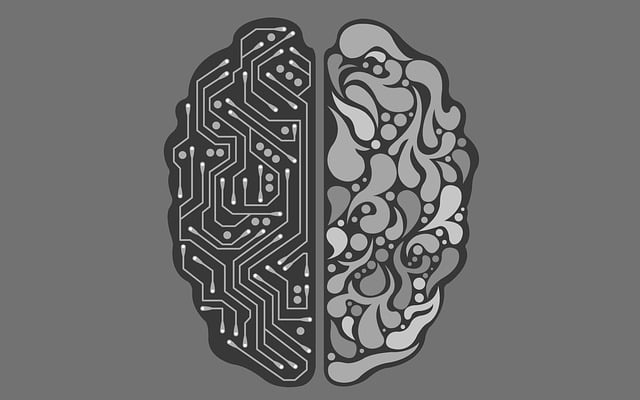
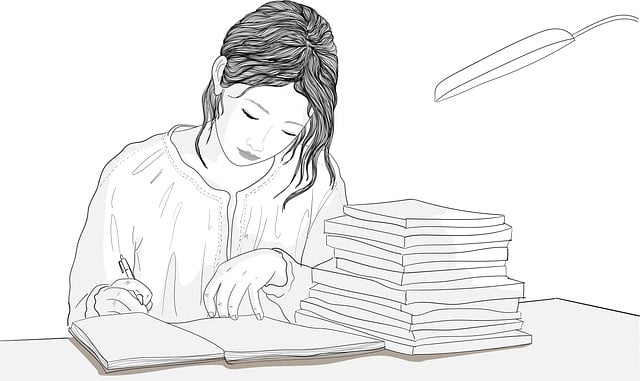


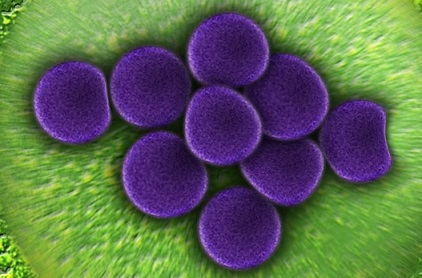







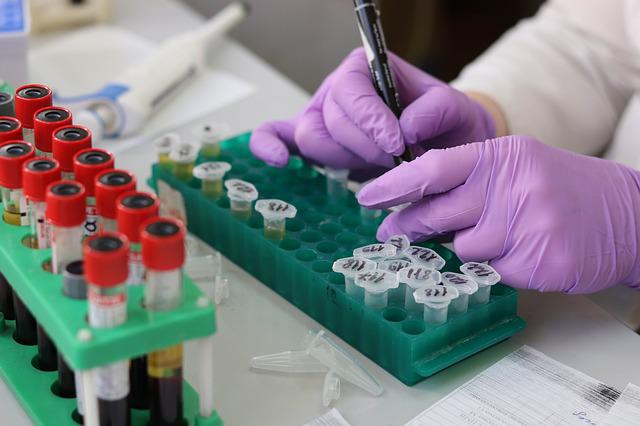


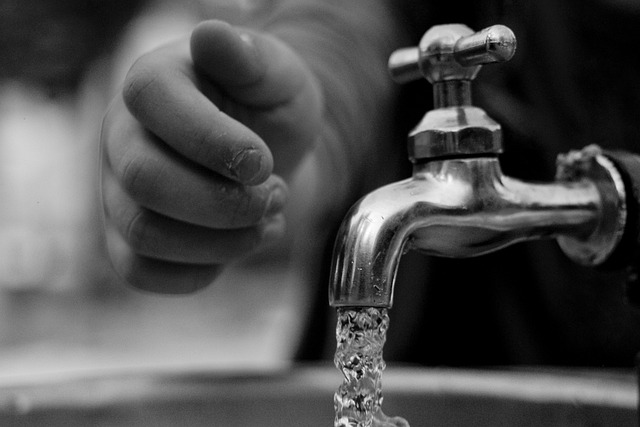





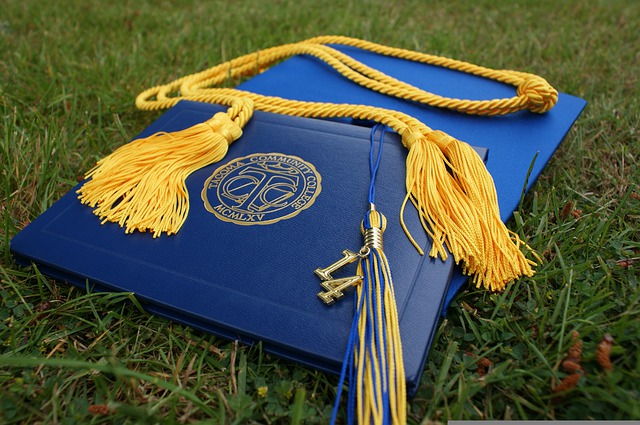
Please Sign In or Sign Up to leave a Comment.